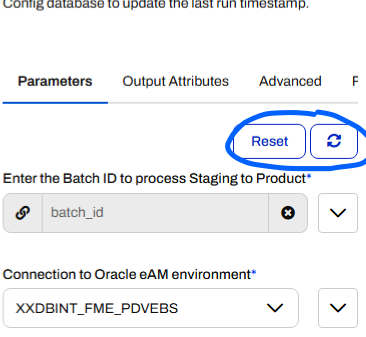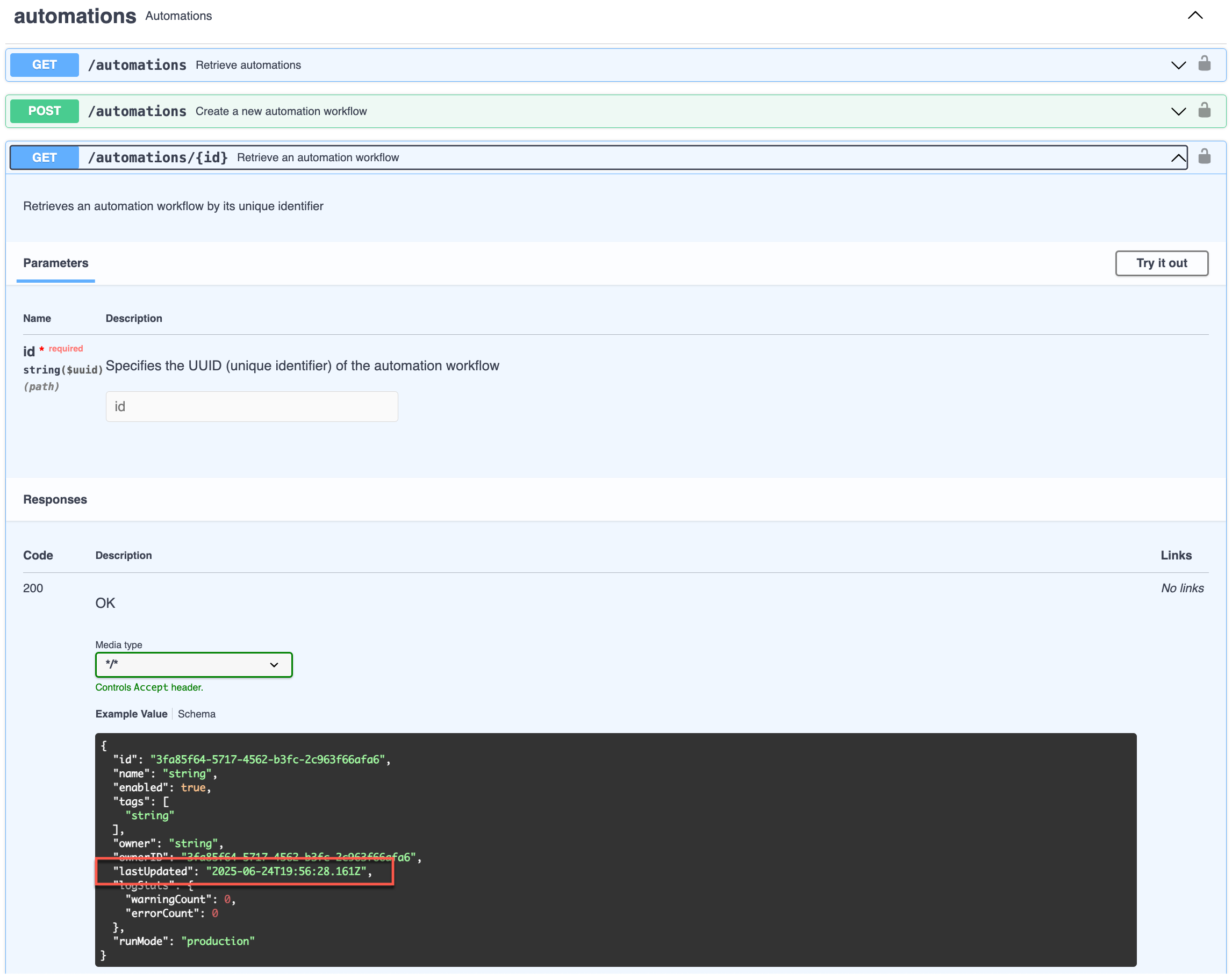I have an automation which has a few workbenches which are SQLExectutors that gather parameters and write to automation writers. There are then workbenches which consume these parameters and use them for processing.. In the automation setup I assign the parameters to the incoming attributes. This process runs weekly. It runs successfully but occasionally it starts failing, when I go into the automation it is failing because these parameters have reverted to their default values. I have to re-assign them back to attribute values.
How is this happening by itself? This process isn’t being touched by anyone else and will run successfully for months. This is in FME Flow 2023.2.1















